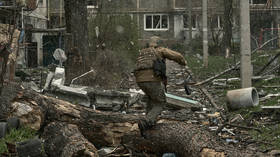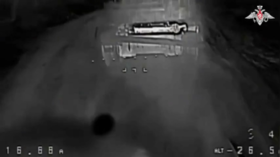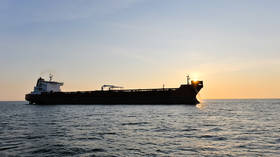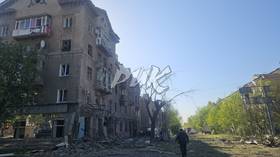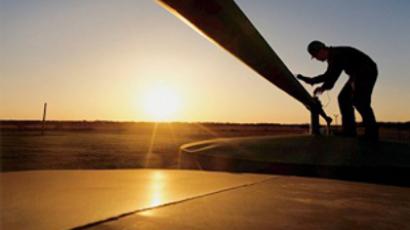Sweden, Finland give green light to Nord Stream
The Swedish and Finnish cabinets have approved the construction of the Nord Stream gas pipeline through their exclusive economic zones in the Baltic Sea.
The project will transfer natural gas from Russia to Germany. The total length of the pipeline will be 1,200 kilometers.
The Swedish Minister for the Environment, Andreas Carlgren, confirmed that the submitted documents have been scrutinized by the respective Swedish state agencies, who "could not find anything in them, which would run counter to the current legislation, both international and Swedish. It is the other way around: if Sweden said 'no,' this would constitute a violation of international law.”
"The Nord Stream Company gave all the explanations demanded by the Swedish agencies," stated Carlgren.
The Finnish government also came up with decision to allow the construction of the Nord Stream gas pipeline in its territorial waters in the Baltic Sea on Thursday.
According to the government’s press service, the final decision on this matter is to be made by the Western Finland Environmental Permit Authority at the beginning of 2010.
Russia’s Prime Minister Vladimir Putin praised the Swedish and Finnish eagerness to cooperate, saying "I want to thank the Swedish government for this decision… And a big ‘thank you’ to our Finnish partners."
“In spite of it not being an easy process, we didn’t deviate from the schedule, and we are really happy that the permission process also went according to the schedule of local and international legislation,” Aleksandr Medvedev, Gazprom Deputy CEO, said.
He added that the new transport route is an important step in “improving and enforcing energy security, because it’s the first pipeline in history where there is no transit country in between”.
“It will provide more security, more reliability and will diminish risks of different nature, including political risks,” Medvedev concluded.
Denmark has already agreed to the construction of the pipeline through its waters. The project now requires approval by Germany and Russia, the countries that initiated the project.
Some Baltic countries have criticized the project, saying it could raise environmental and security concerns.
Construction is expected to begin next year, with gas delivery from Vyborg, Russia, to Greifswald, Germany, to begin in 2011.





